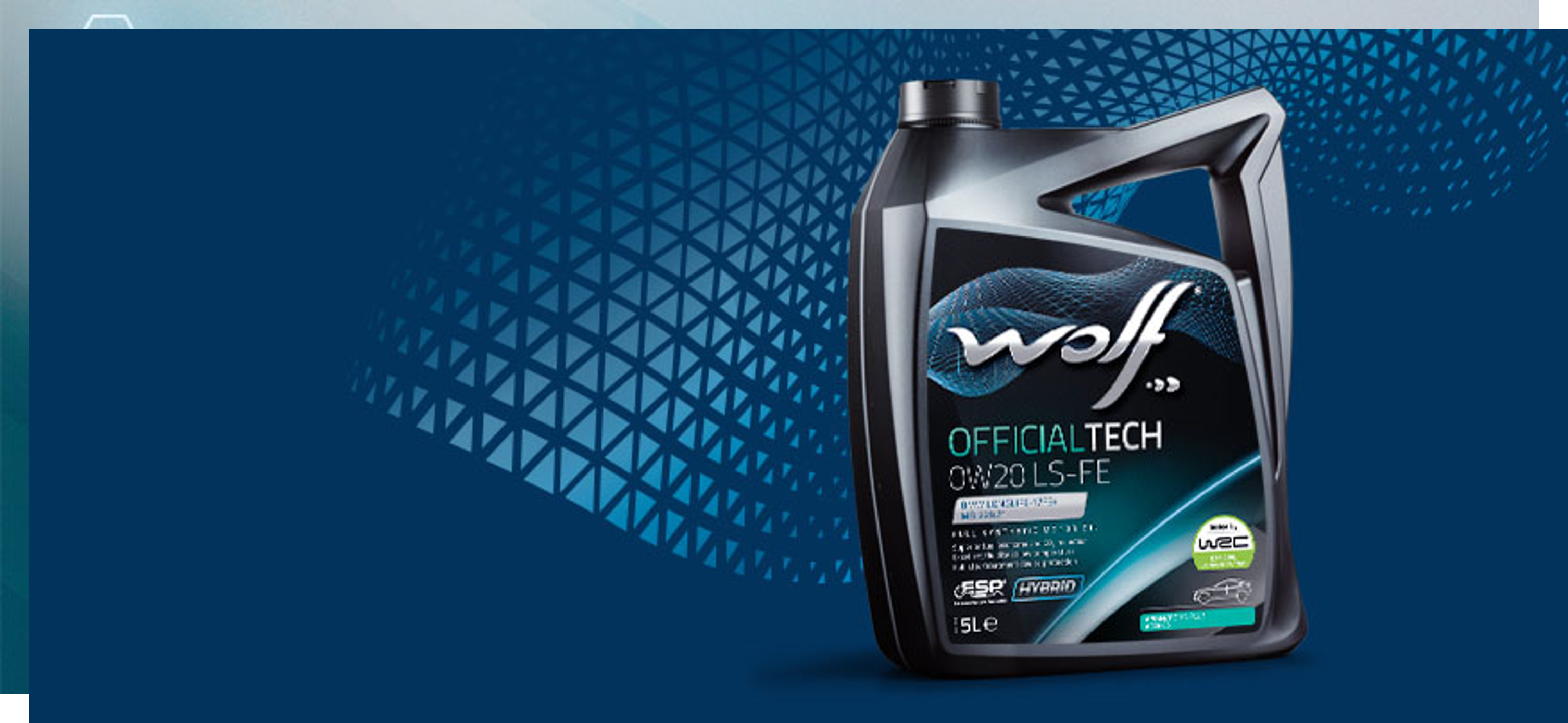Dedicated lubricants maximize energy efficiency of hybrid vehicles

As a result of the rising fuel prices and environmental concerns, the hybrid vehicle market is expected to thrive during the coming years. Wolf has developed a dedicated product range for the lubrication of hybrid vehicles.
Dedicated lubricants maximize energy efficiency of hybrid vehicles
As a result of the rising fuel prices and environmental concerns, the hybrid vehicle market is expected to thrive during the coming years. To guarantee proper lubrication and maximize energy efficiency of hybrid vehicles, dedicated lubricants are demanded.
Frost & Sullivan estimates that approximately 15 million hybrid electric vehicles will be sold by 2025, counting for 16,4% of the total passenger vehicle market. That would mean an increase of 500% compared to the year 2019. Dazzling numbers than can be explained by the growing awareness of the need to reduce our carbon footprint in combination with the seemingly unstoppable rise of fuel prices.
The rising environmental concerns have motivated governments to offer incentives to manufactures that produce hybrid and full electric cars. All major OEM’s are expanding the offer of hybrid vehicles in the coming years.
How does a hybrid vehicle work?
A hybrid vehicle guarantees optimum efficiency in terms of fuel consumption and engine performance. It uses two (or more) distinct types of motors, usually an internal combustion engine that drives an electric generator that powers an electric motor.
The basic principle of a hybrid vehicle is that the different motors work better at different speeds, complementing each other perfectly:
- An electric engine is more efficient at producing torque or turning power.
- A combustion engine is more efficient at maintaining high speeds.
The electric engine in a hybrid vehicle acts as a kind of backup. It is mainly used to help the combustion engine when the work load is very high, for example when starting the car or accelerating. During speeding up, a hybrid vehicle switches from one to the other engine at the proper time, yielding a win-win in terms of energy efficiency. This is translated into lower fuel consumption and reduced CO2-emission.
New hybrid engines require dedicated lubricants
Hybrid vehicles introduce new powering architectures and engines that are characterized by
- Increasing system voltages
- The presence of high copper contents
- Higher temperatures
- New polymer materials
- High speeds
- Different or no friction requirements
To guarantee proper lubrication and to increase energy efficiency and engine performance, hybrid vehicles require dedicated lubricants that offer:
- Appropriate electrical properties
- Assured corrosion protection
- Sufficient thermal transfer characteristics
- Compatibility with polymeric materials
- Oxidation and sludge control
- High speed bearing protection
Innovative hybrid lubricants from Wolf
Wolf has developed a dedicated product range for the lubrication of hybrid vehicles. Whereas most of the competitor SAE 0W-16 and 0W-20 hybrid engine oils fall under the API SN category, our new SAE 0W-16 and 0W-20 hybrid engine oils are categorized under API SN Plus and SN/RC.
Our specifically developed hybrid lubricants deliver outstanding high temperature oxidation control and lubricating stability, while protection against low speed pre-ignition (LSPI) events and car breakdowns. They provide exceptional fuel economy (FE) performance for Asian car manufacturers such as Honda, Lexus, Mitsubishi, Nissan and Toyota.
Wolf’s hybrid lubricants deliver an instant start up lubrication in cold conditions, minimizing friction and start up wear. Moreover, they reduce fuel consumption and CO2 emissions, protecting the environment.